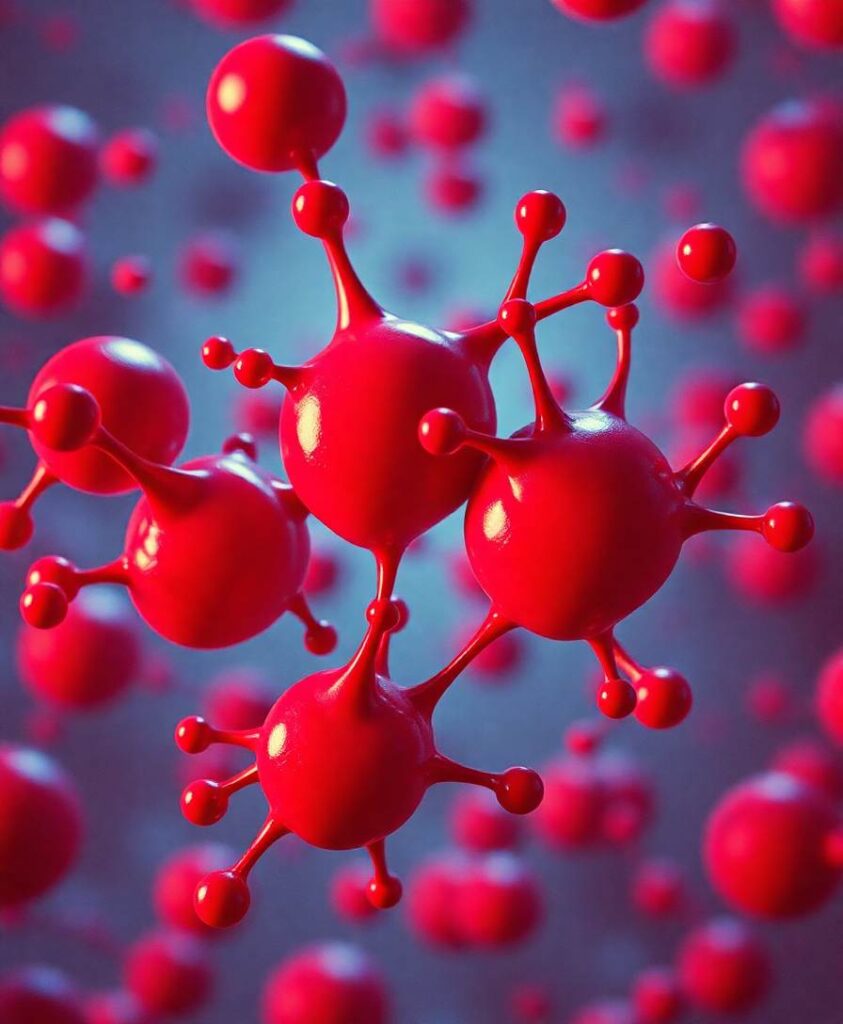Beyond immediate diagnosis, objective measures could change how we make return-to-play and return-to-school decisions. Teens’ brains are still developing, and lingering symptoms can affect learning, mood, and physical activity. Tests that reveal the biological footprint of injury would support safer timelines and avoid relying solely on subjective reports or guesswork.

This research links molecular clues to real-world outcomes, and that connection opens several pathways for improving care, reducing long-term risks, and making recovery plans more inclusive for different athletes and students. Follow the full article to see which biomarkers matter, how strong the links are, and what this could mean for families, coaches, and clinicians working to protect young brains.
Blood tests might be able to tell how badly a concussion has rung a person’s bell, a new study says. Certain brain-related biomarkers in the blood are associated with how bad a teenager’s symptoms will be as they recover from a concussion, researchers reported in the…


